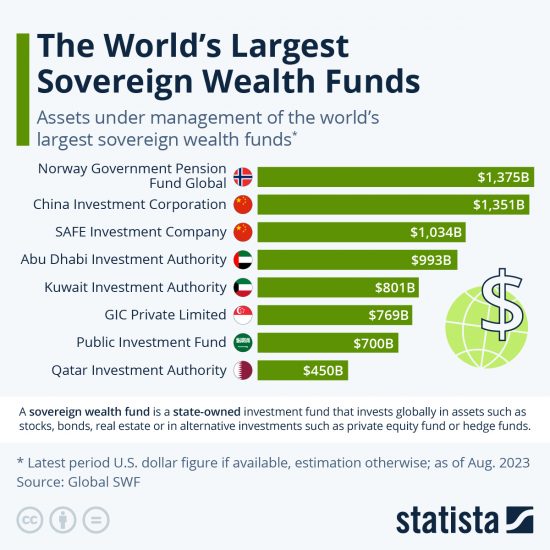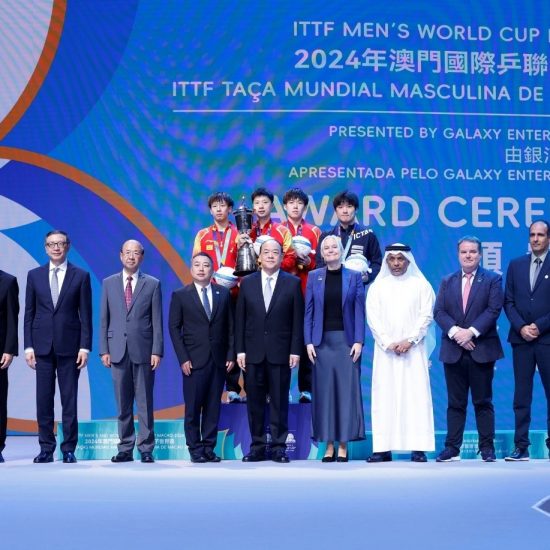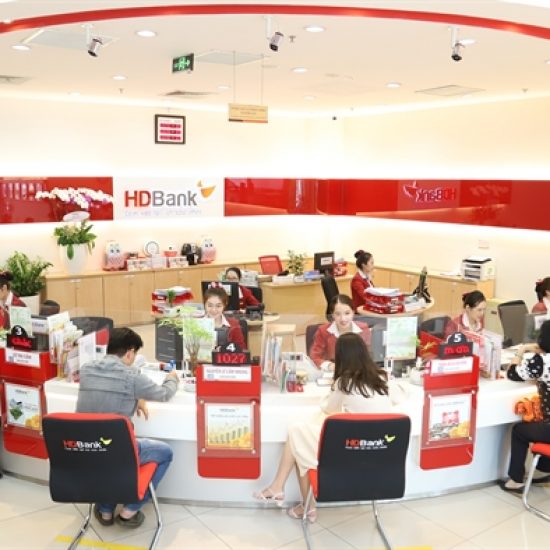Crown Prince Mohammed bin Salman’s ambitious Vision 2030 plan for Saudi Arabia aspires to transform the kingdom from an oil-reliant state into a diversified, technology-driven economy. A key pillar of this strategy is attracting significant foreign direct investment (FDI). However, the recent saga surrounding Lucid Motors, a California-based electric car company heavily funded by Saudi Arabia’s Public Investment Fund (PIF), casts a shadow on the achievability of these goals.
The 2023 launch of Lucid’s electric vehicles assembled in Saudi Arabia was initially hailed as a triumph for Vision 2030. It symbolized the kingdom’s commitment to embracing future industries and attracting cutting-edge foreign companies. However, the rosy picture quickly faced a reality check. Lucid, despite being presented as a success story, has required substantial additional funding from the PIF to stay afloat. This highlights the complex challenges faced by foreign companies attempting to invest in Saudi Arabia, despite government incentives.
One major hurdle is the kingdom’s limited experience in complex manufacturing beyond the oil and gas sector. While the government offered significant enticements to attract Lucid, the company still faces difficulties navigating an unfamiliar business landscape. This lack of experience extends to the broader investment environment. Saudi Arabia historically receives a fraction of its ambitious $100 billion annual FDI target set for 2030. In comparison, average annual inflows between 2017 and 2022 barely exceeded $17 billion, with preliminary data for 2023 showing similar figures. This significant gap between aspiration and reality raises doubts about the feasibility of achieving Vision 2030’s goals.
The overreliance on oil wealth to attract investors exposes another critical challenge. Vision 2030 cannot be solely funded by petrodollars. Saudi Arabia needs to address fundamental structural issues that deter foreign investment. Regulatory reforms, infrastructure development, and workforce training are crucial to create a more supportive business environment. The success of Vision 2030 hinges not just on attracting foreign capital, but on fostering an ecosystem conducive to sustainable growth, technological advancement, and job creation.
The PIF’s continued commitment to Lucid demonstrates a willingness to invest in partnerships. However, the broader implications for Vision 2030 necessitate a shift beyond symbolic gestures. Saudi Arabia must move towards practical steps like streamlining regulations, improving infrastructure, and upskilling its workforce. This will not only attract diverse investment but also nurture a domestic innovation ecosystem.
Vision 2030’s success hinges on striking a delicate balance. The kingdom needs foreign capital, but true economic transformation demands a multifaceted approach. The challenges are substantial, but not insurmountable. By addressing structural issues, fostering domestic innovation, and attracting diverse investments, Saudi Arabia can move towards a more sustainable and diversified future. The road ahead will be challenging, and the Lucid saga serves as a cautionary tale. However, with a renewed focus on practical solutions, Vision 2030 can still become a reality, redefining Saudi Arabia’s position on the global economic stage.
Also published on Medium.






